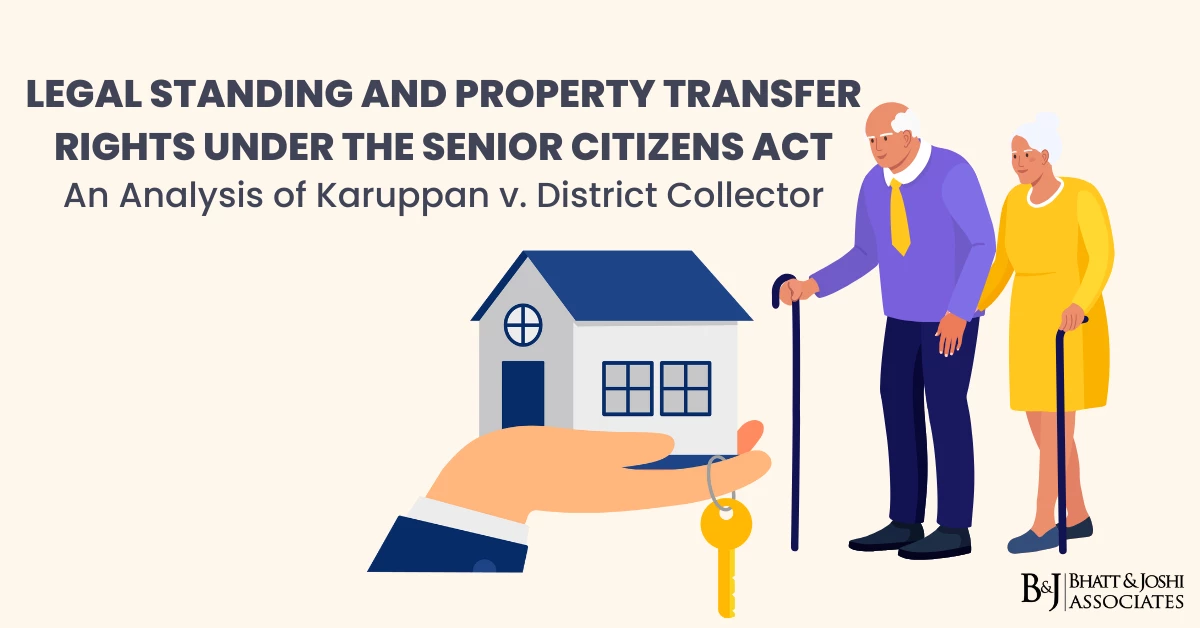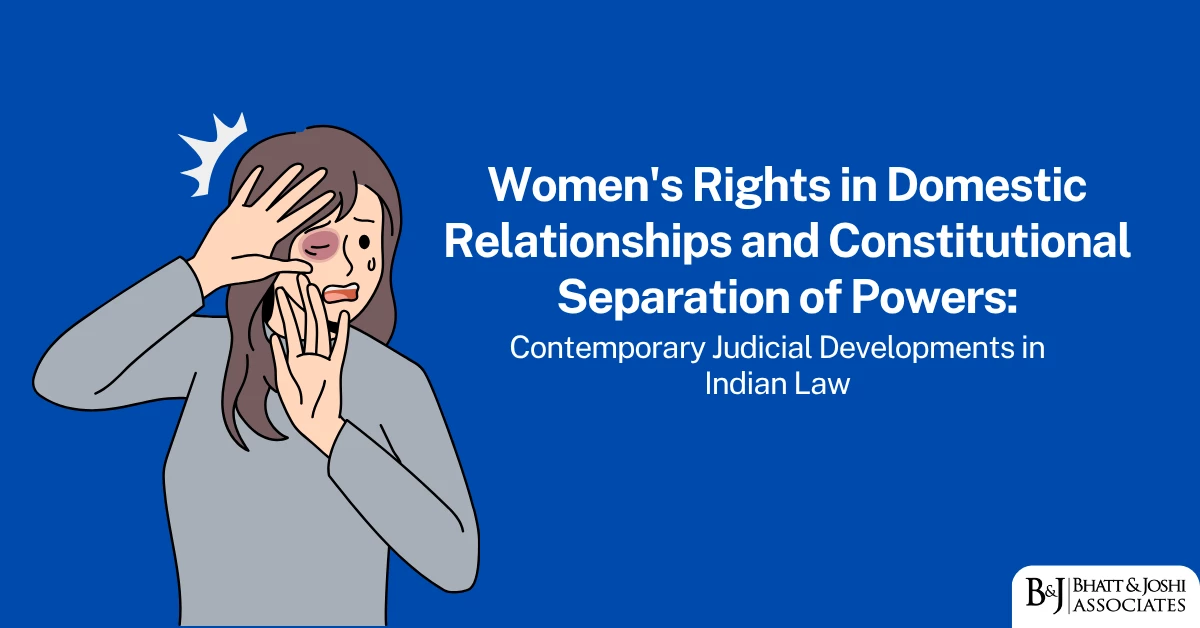Introduction
Custodians charge DEMURRAGE charges to ensure quicker freight clearance. These fees are collected from the services provided for holding the imported or exported goods in their custody after the allotted number of “free days” has passed by the custodians authorized by the Commissioner of Customs pursuant to Section 45(1) of the Customs Act, 1962 for Ports, Airports, ICDs, CFSs, etc (ranges from 3 to 7 days). For prompt evacuation of items from the transit area, a compulsion has been created by fixing the scale of rates in ascending order. Charges for demurrage are often known as warehousing or detaining charges.
Demurrage Charges & Detention
Due to clearing procedures and the payment of customs duties, imported items may be temporarily held. However, products are frequently held by Customs in order to comply with legal requirements such as NOC from ADC, FSSAI, WLRO, PQ, etc.; the submission of required documentation; value; categorization; reports of chemical tests or analyses; or for similar reasons. Additionally, goods may be held up throughout the lengthy adjudication proceedings.
When the importer’s charges against the products are dropped or the commodities are held up pending lab test results, Customs authorities typically issue a DETENTION CERTIFICATE for the duration of the detention. With the Detention Certificate in hand, the importer approaches the Custodian to request the waiver of the demurrage fees. A contentious topic has been the remission of demurrage payments. When the Custodians declined to waive demurrage charges for goods held by Customs for extended periods of time without their fault, importers frequently went to court.
Case Laws
In the case of International Airports Authority of India V/s Grand Slam International 2002-, the topic of detention, demurrage fees, and the applicability of Section 45 of the Customs Act, 1962 was extensively discussed.
Three judges served on the bench for the Grand Slam decision. It is decided that even in cases where detention is ultimately shown to be improper or illegal, the custodians are entitled to payment of the detention fees and warehousing fees, which must be made by either the exporter or the importer.
In the 2001 case M/s Shipping Corporation of India v/s CL Jain Woolen Mills 2002-, the Supreme Court was presented with the issue once more. In a significant departure from the Grand Slam case, the SC Bench upheld the High Court’s ruling absolving the importer of paying demurrage fees because the goods were held without the importer’s fault. They also held that the charges must be paid by the Customs Department if there is no provision in the Customs Act exempting them from that responsibility.” Section 45(2)(b) of the Customs Act, 1962 cannot be understood to have provided the Custom authorities with the required powers, in order to acquit them of the duty of paying the demurrage costs,” the SC ruled.
Sanjeev Woolen Mills v. Trustees of the Port of Madras, 2002-, Nagavedu Lungi & Co. 2002 The Custodian will be allowed to impose demurrage for the imported items in its custody, the Supreme Court said.
Observations
According to the ratio of various judgments, it is evident that the custodian is legally entitled to collect demurrage fees from the importer, that the custodian is not bound by the detention certificate issued by the customs authorities, that the Customs Act does not expressly provide for the issuance of detention certificates, and that the courts have ruled that the Customs Department should pay the demurrage fees when the importer was not at fault and the detention was illegal.
Custodians must show consideration for importers and exporters. It is unavoidable that in circumstances where the goods are held for an extended period of time, the demurrage charges may greatly surpass the value of the items, leaving the importer with little choice except to abandon the goods, which would be detrimental to everyone. Custodians may therefore, to the degree permitted, consider waiving demurrage depending on the merits of each case.
The Main Port Trust Act of 1963 governs India’s 12 major ports, with the exception of the port of Ennore. The Central Warehousing Corporation (CWC) was founded in accordance with the requirements of the Warehousing Corporation Act, 1962, and the International Airports of India (IAAI) is a body corporate established under the International Airport Authority Act, 1971. The CWC, IAAI, and Port authorities are autonomous statutory organizations. The Acts give them the authority to handle, receive, store, and deliver items that have been brought into their facilities. Rent, rates, demurrage, and other fees may be charged under the provisions established by the Acts. The policy for waiving demurrage fees has been created by the port authorities, IAAI, CWC, and CONCOR. They can offer a full waiver in extraordinary circumstances, and they can grant a waiver in deserving situations up to an amount of 80%. The private custodians are the issue.
In relation to the Detention Certificate granted by the Customs authorities, the majority of private custodians working in non-major ports, airports, and air cargo complexes (such as MIAL currently in Mumbai), CFSs, ICDs, courier terminals, and diamond plazas do not have a demurrage waiver policy. Any type of Detention Certificate issued by the Customs officials (including situations where the importer has assessed a fee and penalty) is viewed as a “farmaan” of the almighty, and a 100% waiver of demurrage is given right away. Unawareness of the issue or the incorrect belief that “why take panga with the authorities” could be the cause.
The Handling of Cargo in Customs Areas Regulations have recently been cited in Detention Certificates. According to Regulation 6(1)(l) of the HCCAR, 2009, “subject to any other law for the time being in force shall not impose any rent or demurrage on the commodities seized, detained, or confiscated” by the Customs Cargo Service Provider (CCSP)/Custodian It is important to emphasize that this regulation is arbitrary and shouldn’t be interpreted in a vacuum. The Indian Contract Act, of 1872, which allows any custodian to levy warehouse/demurrage fees, is the other law that essentially comes into play. Other laws must take precedence over the weak Customs Regulation under the HCCAR, 2009.
“Just as the different words, phrases, and provisions of a statute should not be isolated and given an abstract meaning, so the statute itself in its entirety should not be interpreted solely by reference to its terms, but rather by reference to the other laws of the state, and particularly to those pertaining to the same subject” – Crawford’s, Interpretation of Laws, 1989 p.420. [Grand Slam (supra)]
At the request of the Customs, the Custodians approved under Section 45 of the Customs Act serve as a bailee. According to Section 170 of the Contract Act of 1872, the Bailee is entitled to keep the goods until he is paid appropriately for the services he provided in relation to them. The fact that the Customs officials cannot revoke that authority by issuing a certificate of detention is significant. [Supra] C.L. Jain Woolen Mills.
The Act ibid., Section 170, engrafts Bailee’s lien principle, which states that if someone receives goods when they are delivered to him and must retain them until cleared, possibly at his expense, he has the right to keep them until his debt is paid. The Custodian cannot, therefore, be made to pay the demurrage fees.
If we take another critical look at it, the whole thing comes down to incarceration. Undoubtedly, there are a lot of arbitrary and frequent detentions. The importer’s ordeal begins the moment his shipment is placed under arrest due to the confusing nature of the rules and regulations and the regrettable brazen manner in which some authorities apply them. The shipping company’s container detention fees also begin to accrue if the shipment is containerized. The Shipping Lines, who own the containers, are forced to deal with their containers being out of use. Customs lawsuits involving a shipment may begin with an Assistant Commissioner and end up in CESTAT, the High Court, or even the Supreme Court. By this point, the importer might already be drowning in demurrage. It’s interesting to note that all detentions are carried out in good faith (Section 155 of the Customs Act), and no instrument has yet been developed to gauge the depths of good faith.
19,000 containers are reportedly being held in detention in ports, CFSs, and ICDs across India. Some ports and CFSs have detained, seized, unclaimed/uncleared cargo that is beyond ten or twenty years old, and for many unrelated consignments, neither Customs nor Custodians have any records of them. Machinery, consignments of used clothing rather than new ones under claims of drawback, as well as vehicles, motorcycles, weapons, diamonds, gold jewelry, scrap, electronic goods, and other cargo are all included in the definition of cargo. The numbers show that money is being lost and valuable custodian space is still being blocked, which is both disturbing and pitiful.
A 56-acre site at Wadala known as the Suleiman Shah Plot belongs to The New Custom House, Mumbai. It is suggested that the government build sheds or warehouses on the property in order to store the detained, seized, or unattended cargo that is present in Nhava Sheva’s ports, CFSs, and other locations. Numerous custodians and shipping lines will feel a great deal of relief as a result of this. The Commissioner (G), N.C.H., Mumbai is being charged millions of rupees in rent by the Mumbai Port Trust each month for the detained, seized, and confiscated cargo that is stored in their sheds and warehouses. That would come to an end.
Conclusion
Not all importers and exporters are saints. People who engage in smuggling ought to face consequences. The key is that we must approach the topics raised carefully and sensitively. Detentions shouldn’t be made for pointless reasons. Detention Certificates must be given in meritorious situations, and Custodians have the ability to waive demurrage. Fast-track disposal of detained, seized, confiscated, unclaimed, uncleared, abandoned, and disconnected goods should be practiced, and Commissioners should continuously oversee it.
Written By: Aryan Singh












